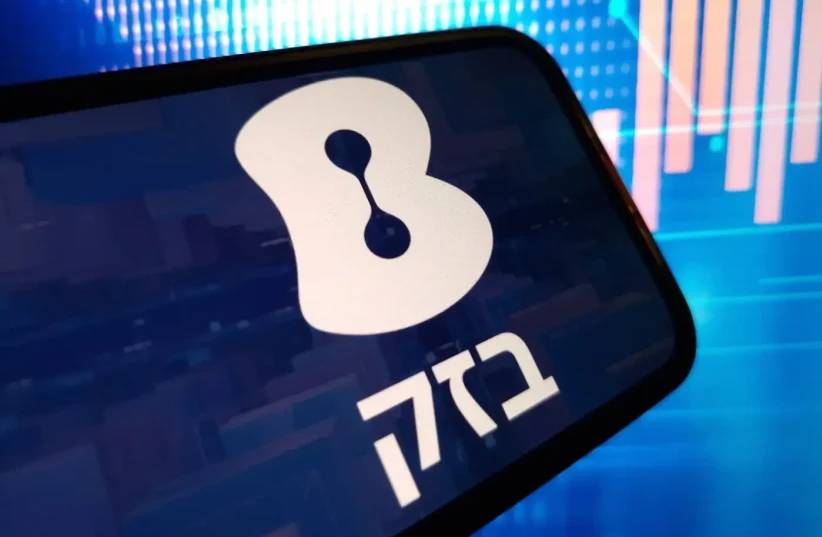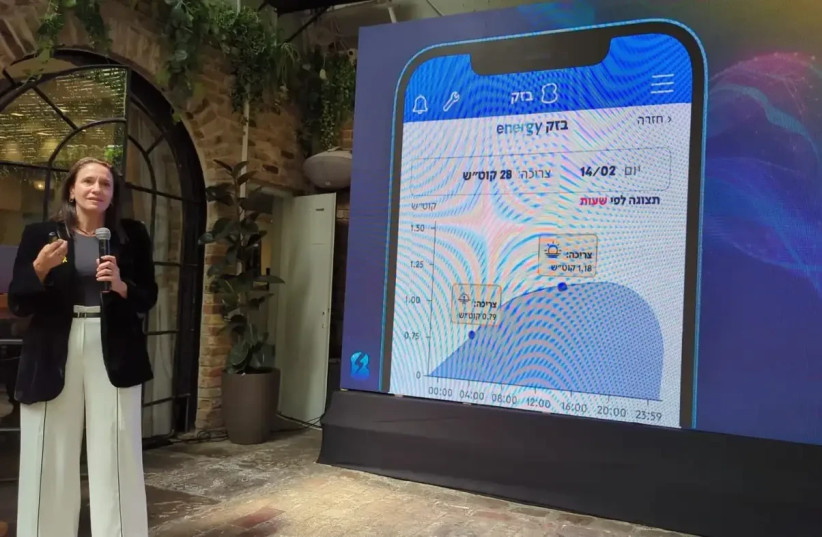Bezeq launched its electricity initiative under the Bezeq Energy brand. According to CEO Nir David, the company sees itself as a primary network provider well-positioned to offer additional large-scale infrastructure, such as electricity. David stated that Bezeq will utilize its existing access to 1.5 million customers and its nationwide infrastructure to become a significant player in the electricity market. He claimed that Bezeq will disrupt the market competition in the electricity sector. According to the company's data, only a small percentage of electricity consumers in Israel have switched to private suppliers, with most still receiving services from the Israel Electric Corporation.
Bezeq's production partner for this venture is Powergen. At the launch event, Bezeq emphasized its commitment to using renewable energy sources. Powergen currently generates 1,076 megawatts and has nearly three gigawatts in development. In energy storage, it partners in a facility storing around three gigawatts, with an additional 5.5 gigawatts in planning. The company aims to lead in supplying electricity to private consumers and small businesses.
Division of Responsibilities
Powergen will handle production and storage, including power plants, gas engines, and solar energy storage. Bezeq will manage customer-facing operations: acquisition, retention, billing, marketing, and operations.
Market Competition and Innovation
Harel Belinda, manager of the joint Bezeq-Powergen venture (Bezeq-Gen), noted that competition in the residential and small consumer sector has not yet begun. In the high-voltage sector, which includes heavy consumers, 88% have already switched to private producers. In the medium-voltage sector (approximately 5,000 consumers), the ratio is 50-50 between the Israel Electric Corporation and competitors. However, in the low-voltage sector, which includes three million consumers, only a single percent have moved to private companies, with most household electricity consumers remaining with the Israel Electric Corporation. Belinda stated that the venture's goals include innovation in electricity services and addressing the electric vehicle sector. He mentioned that the electric vehicle charging market will transform the industry.
Consumer Plans and Digital Solutions
Tali Folg, Bezeq's VP of Marketing, shared some interesting survey data: 91% of respondents want stable and fault-free electricity, 85% wish for cheaper electricity, and 82% expect improved customer experience. Additionally, 80% desire a smarter electricity consumption experience. According to Folg, the first step is to simplify the transfer process digitally through a dedicated website or app. Bezeq will also offer transparency with precise consumption data at the day and hour level via the app, avoiding the traditional "surprises" in monthly bills.
The company will provide an "electricity consumption simulator" to allow customers to choose the plan that best suits them. Bezeq will offer three plans with three discount levels: a 7% fixed discount, a 24/7 plan, a 15% discount during daytime hours for people working from home, and a third plan with a 20% discount during nighttime hours (11 PM to 7 AM). A significant innovation is that Bezeq will also compete in the market for old analog meters, and transferring to Bezeq will not require switching to a digital meter, as the Israel Electric Corporation previously required. Folg emphasized that the goal is to simplify the process for the customer as much as possible, handling the entire transfer process without the customer needing to take any active steps.
Response to Israel Electric Corporation
In response to a Walla! query regarding obstacles posed by the Israel Electric Corporation to transfer processes, Bezeq's CEO said that Bezeq, having previously been a monopolistic company itself, understands the dynamics and has no intention of confronting the Israel Electric Corporation directly. However, the new reality in the market has been accepted by the Israel Electric Corporation. Venture managers added that they plan to offer accurate mapping of heavy electricity consumers to the residential market almost in real time, as is customary in more advanced markets globally.

